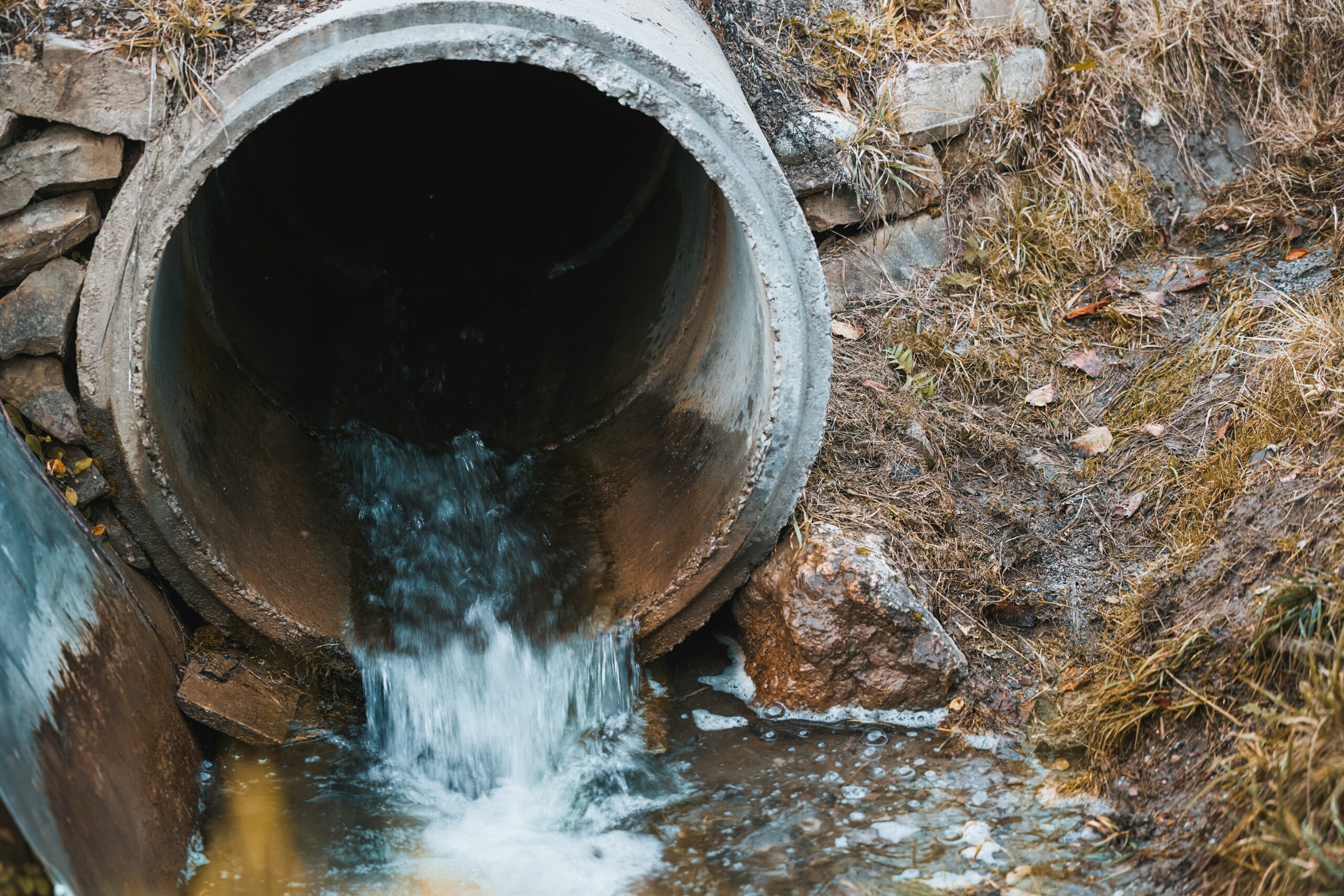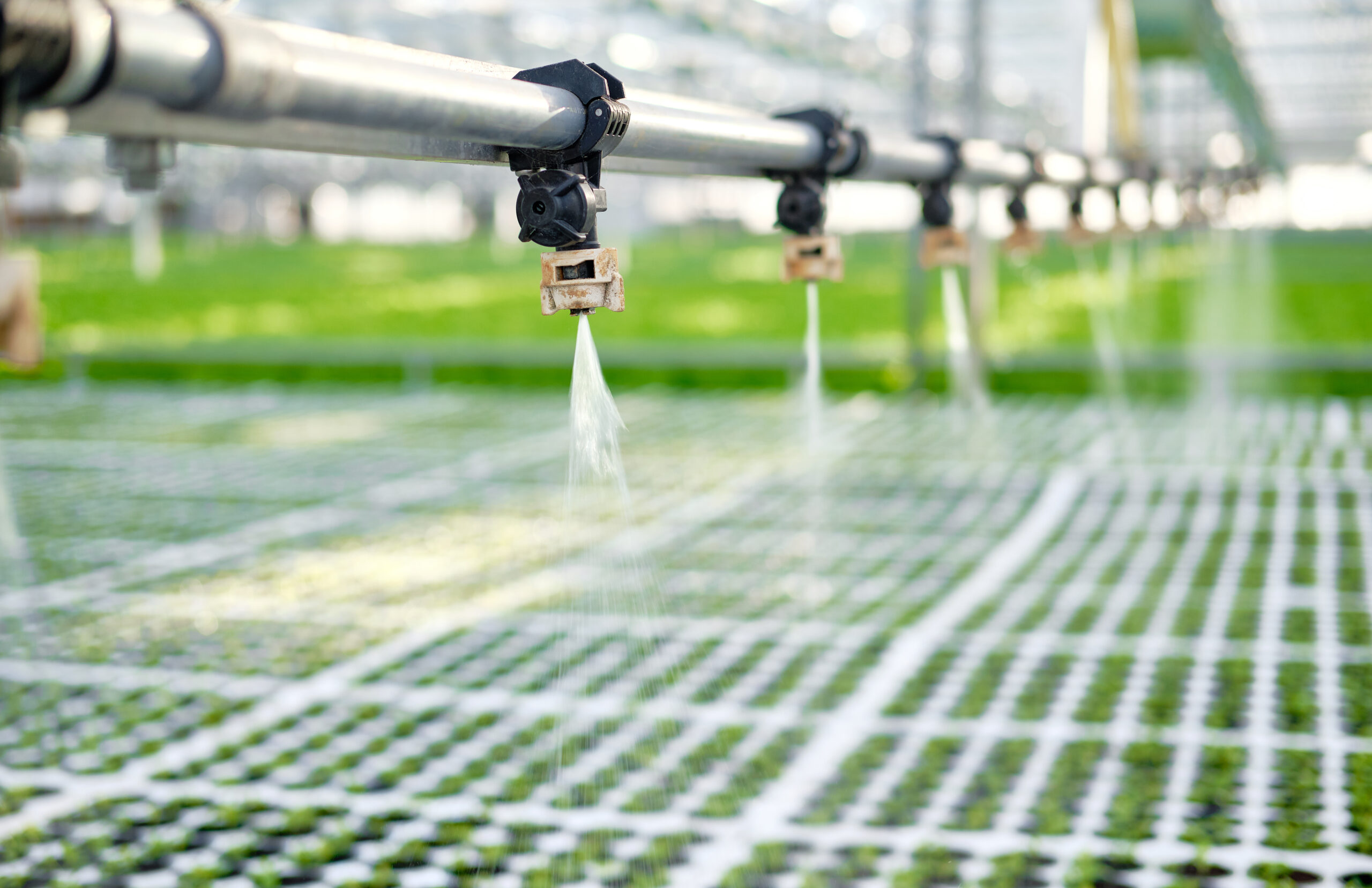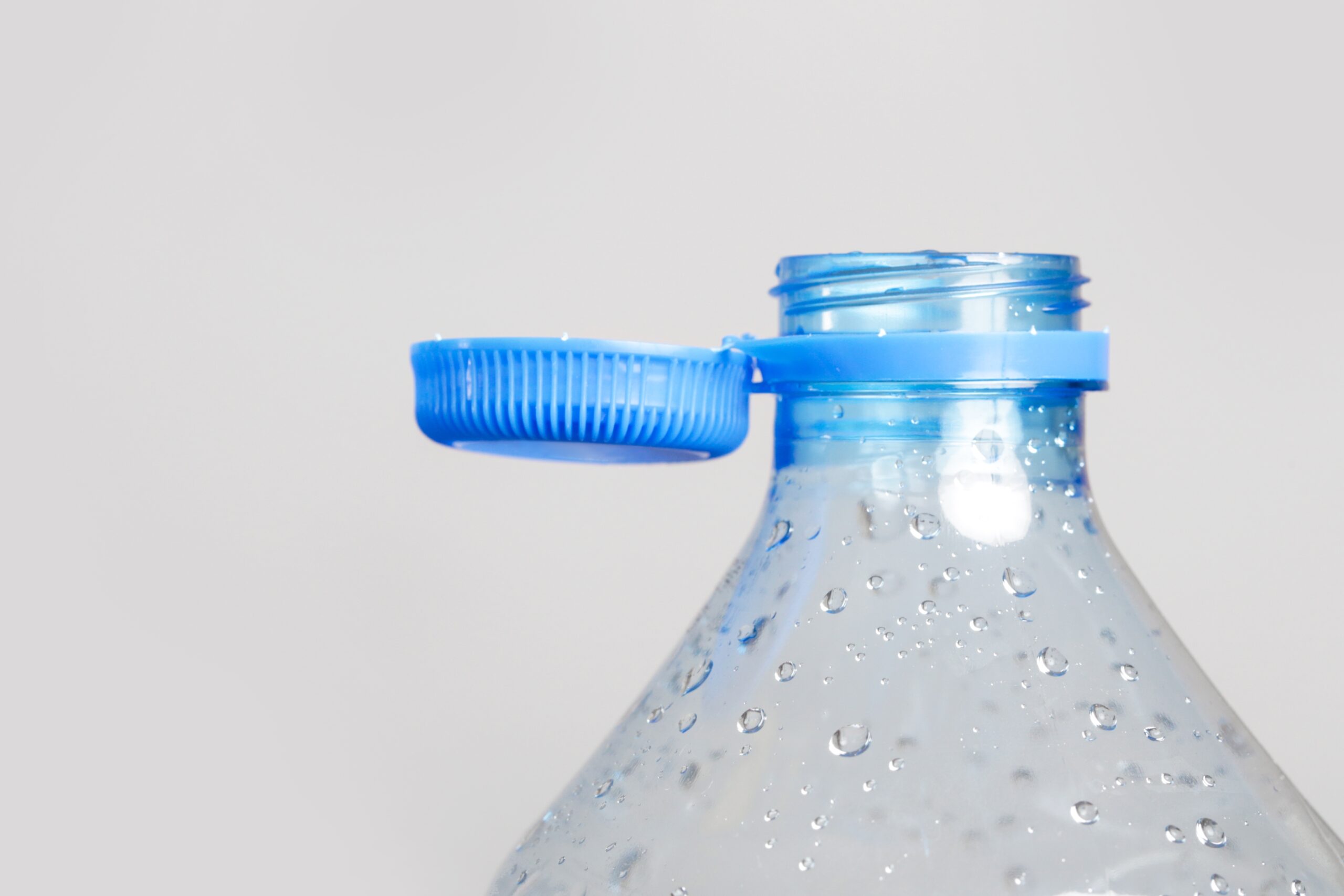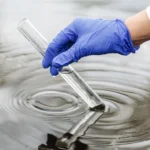Understanding Water Regulation in Florida

Water is a big part of life in Florida, supporting everything from daily routines to tourism, farming, and wildlife. With underground aquifers, rivers, and coastal waters, the state faces constant challenges to manage and protect this important resource. Regulations help keep our drinking water safe, protect ecosystems, and make sure businesses can operate without damaging the environment.
Over the years, Florida has built a system to balance these needs through water management districts, state rules, and federal guidelines. This system focuses on things like keeping pollutants out of rivers, managing water use during dry spells, and properly treating wastewater. Following these rules helps protect Florida’s water now and for the future.
In this blog, we will explore the history, regulations, and agencies involved in managing Florida’s water and what residents and businesses can do to meet their responsibilities.
The Importance of Water Regulation in Florida
Water regulation is really important for Florida’s future. It helps ensure that families, farmers, and businesses can all get safe and reliable water. As our population grows, managing this precious resource is essential for balancing everyone’s needs while keeping it protected.

These regulations encourage smart water use. They make sure our drinking water is safe and help farmers use water wisely, so they can grow crops without wasting resources. This is important for Florida’s economy since agriculture plays a big part in it. Plus, these rules help protect our natural spaces, like wetlands and rivers, from pollution and overuse, keeping Florida’s beautiful landscapes and diverse wildlife safe.
Florida also faces some unique water challenges. Our reliance on underground aquifers can lead to shortages and increased salt levels, especially near the coast. We experience both droughts and heavy rainfall, which can affect the quality and availability of water. Rising sea levels also pose risks to our coastal areas.
By understanding how important water regulation is and the challenges we face, we can better appreciate the efforts being made to manage this resource. Everyone can help by conserving water, following the rules, and getting involved in our communities to protect Florida’s water for the future.
History of Water Regulation in Florida
Early Water Management Efforts
In the early 1900s, Florida recognized the need to manage its water resources to prevent flooding and support agriculture. With its flat terrain and seasonal rains, effective water management was essential for protecting communities and farmland. To tackle these issues, Florida built canals, levees, and drainage systems in flood-prone areas. These efforts laid the groundwork for a more organized approach to managing water.
Growth and Environmental Challenges
As Florida’s population grew in the mid-1900s, the demand for water rose significantly. Urban development turned quiet rural areas into busy cities, leading to higher water use and greater pressure on resources. This growth also caused environmental challenges, especially the loss of wetlands that filter water and support wildlife.
The destruction of these natural areas raised concerns about water quality and availability. Pollution from city runoff and farming began to harm rivers, lakes, and drinking water sources. These issues highlighted the need for a comprehensive approach to protect Florida’s ecosystems while meeting residents’ needs.

Florida Water Resources Act of 1972
To address these challenges, Florida passed the Florida Water Resources Act in 1972. This important law created five water management districts: Southwest, South, St. Johns, Suwannee, and Northwest. Each district was responsible for managing local water resources while aligning with state goals.
An important aspect of the Act was a permitting system to balance water supply with environmental protection. By requiring permits for activities like water withdrawals and large-scale irrigation, Florida could better monitor water use. This approach ensured responsible use of resources, considering both people and the environment.
The Florida Water Resources Act of 1972 established the foundation for modern water regulation in the state. It demonstrated a commitment to sustainable management and paved the way for ongoing efforts to protect Florida’s water resources for future generations.
Today, we continue to build on these efforts, facing new challenges while honoring the principles of responsible water management established long ago.
Water Management Authorities
Florida Department of Environmental Protection (FDEP)
The Florida Department of Environmental Protection (FDEP) is essential for keeping our water safe and clean. They ensure our drinking water is safe and protect rivers and lakes from harmful pollutants. FDEP checks water quality, inspects different facilities, and enforces rules to safeguard Florida’s natural resources. Because of their efforts, we can enjoy clean water for drinking, recreation, and gardening.
Water Management Districts (WMDs)
Florida has five Water Management Districts (WMDs): Southwest, South, St. Johns, Suwannee, and Northwest. Each district focuses on specific water issues relevant to its area. They manage local water resources by taking into account the community’s needs, local weather, and environmental conditions.
These districts play an important role in issuing permits, conserving water, and controlling floods. They create management plans, monitor water levels, and run programs that promote responsible water use. By addressing the unique needs of each region, WMDs help protect Florida’s ecosystems while supporting local communities and businesses.
Environmental Protection Agency
At the national level, the Environmental Protection Agency (EPA) works alongside state agencies like the FDEP to enforce water laws. The EPA sets standards for water quality and pollution control, ensuring all states, including Florida, follow these federal guidelines.
This collaboration is important for tackling larger water issues that can affect multiple states, such as pollution from industries and runoff.
Through programs like the Clean Water Act, the EPA provides guidelines and funding to help states manage their water resources and protect aquatic ecosystems. Their involvement creates a coordinated approach to water management across the country, reinforcing Florida’s commitment to maintaining high water quality.

Role of Local Authorities
Local authorities are also important in managing water. They oversee stormwater systems designed to prevent flooding and reduce pollution. These local organizations establish rules for water use, ensuring that residents and businesses use water responsibly.
By connecting with the community, local authorities can address specific water challenges that residents face. They offer education on water conservation practices, help people understand their responsibilities regarding water use, and enforce local regulations to protect water quality. This community-focused approach encourages everyone to play a part in protecting Florida’s valuable water resources.
Together, these regulatory bodies form a strong system for managing Florida’s water. By collaborating at the federal, state, and local levels, they help meet the needs of residents while protecting the environment for future generations.
Water Quality Standards
Drinking Water Guidelines
In Florida, making sure everyone has safe drinking water is really important. The state has strict rules that require public water supplies to meet health and safety standards. These rules help protect people from harmful things like bacteria, viruses, and chemicals.
By regularly testing our water, officials can spot any problems and ensure the water from our taps is clean and safe to drink.
Local water utilities provide annual reports to residents that share the results of these water tests and highlight any concerns. This openness helps build trust in the system and keeps communities informed about the quality of their drinking water.

Standards for Pollutants
To keep Florida’s waters clean, there are specific rules about pollutants such as nitrogen, phosphorus, and heavy metals. Too much nitrogen and phosphorus, often from fertilizers and water drainage from farms, can cause harmful algal blooms that hurt water quality and aquatic life.
The state keeps a close watch on these pollutants and sets limits on how much can be in the water. This helps protect both the environment and public health, making sure Florida’s rivers, lakes, and coastal waters remain safe for swimming, fishing, and other fun activities.
Heavy metals can get into our water from industrial waste or contaminated water drainage. Florida has strict regulations to minimize these metals in drinking water and natural bodies of water, ensuring safety for both people and wildlife.
Wastewater Treatment and Discharge Rules
Properly treating wastewater is crucial for keeping our water clean. Florida has established rules to control the pollutants that come from wastewater treatment facilities and industrial sources. These guidelines detail how wastewater should be treated before it’s released, ensuring that harmful substances are removed or reduced to safe levels.
Wastewater treatment plants must follow specific standards for various pollutants, including nutrients, bacteria, and toxic substances. By enforcing these rules, Florida helps prevent contamination of rivers, lakes, and coastal areas, which protects our aquatic ecosystems and drinking water supply.
Additionally, businesses and industries that produce wastewater must get permits and follow discharge limits set by the Florida Department of Environmental Protection (FDEP) and local Water Management Districts (WMDs).
This helps ensure all wastewater sources are managed responsibly, contributing to the overall protection of Florida’s water quality.
Understanding Permitting Requirements in Florida
Water Withdrawal and Irrigation Permits
In Florida, if you want to take water from wells or lakes for farming or large projects, you need special permits. These permits are important because they help us use our water wisely and make sure we don’t take too much from our aquifers and rivers.
When you apply for these permits for well drilling, irrigation, and other major water uses, you’ll need to explain how you plan to use the water responsibly. You also have to show what steps you’ll take to protect the local ecosystems. This way, everyone can share water fairly, and we can keep Florida’s water resources healthy for the future.

Stormwater Management Permits
Managing stormwater is essential for preventing flooding and keeping our water clean, especially in urban areas where roads and parking lots can cause excess water flow. In Florida, construction sites, businesses, and new developments need stormwater management permits to address these issues.
These permits require developers and businesses to follow best practices for controlling stormwater drainage. This can include creating detention ponds, using permeable pavement, and setting up proper drainage systems. By managing how rainwater flows off their properties, they help keep pollutants out of nearby water bodies and reduce flooding risks in the surrounding areas.
Local authorities closely monitor compliance with these permits to ensure that developments are doing their part to protect the environment and support Florida’s water systems.
Wastewater and Industrial Discharge Permits
Industries and wastewater treatment plants that release treated water or waste into the environment must also obtain permits. These permits help control the amount and type of pollutants that can be released, keeping our rivers, lakes, and coastal areas clean.
The permitting process involves looking at potential environmental impacts and requires ongoing monitoring and reporting. Industries must stick to strict limits on harmful substances like nutrients and heavy metals. Following these rules is essential for maintaining healthy ecosystems in Florida and ensuring that communities have access to clean water.
Environmental Protection Rules
Protecting Wetlands and Water Bodies
Florida is well-known for its amazing ecosystems, especially its wetlands, which are home to many different species. To keep these important areas safe, the state has created rules to protect wetlands and other water bodies. These rules prevent harmful activities like uncontrolled development, pollution, or drainage that could damage these ecosystems.
When someone wants to start a project that might affect wetlands, they have to go through a permitting process. This process ensures that any potential risks are carefully examined. Developers must show that their projects won’t harm these habitats.
Sometimes, they even have to create plans to restore or improve wetlands in other locations. By focusing on wetland protection, Florida aims to maintain its ecological balance and preserve the rich biodiversity that makes the state special.
Following Clean Water Act Guidelines
Florida’s water rules closely follow federal standards set by the Clean Water Act. This law is designed to protect the quality of the nation’s waters by creating pollution control standards and promoting responsible water management.
Florida’s specific regulations take local conditions into account while still meeting federal requirements. This ensures that the state effectively manages water quality, controls pollution, and protects aquatic ecosystems. By working within these federal guidelines, Florida can receive support while addressing its own unique environmental challenges.
Monitoring Water Quality and Controlling Pollution
Regularly checking water quality is crucial for reducing contamination risks and ensuring standards are met. Florida uses various methods to assess water quality in rivers, lakes, and coastal areas. By conducting routine sampling and testing, officials can identify any pollutants or changes in water conditions, allowing them to take quick action if problems arise.
This proactive approach not only helps keep water safe for residents but also allows regulators to track how well pollution control measures are working. If any issues are detected, necessary actions can be taken, such as issuing fines, requiring cleanup, or enforcing stricter regulations.
Water Usage Rules in Florida
Drought and Water Shortage Rules
Florida often faces droughts and water shortages that can put pressure on our local water supplies. To help manage these tough times, the state has set up rules about how we can use water when it’s dry. These rules might tell us when and how often we can water our lawns or use water for non-essential activities.
The goal of these restrictions is to encourage everyone to use water wisely, making sure our basic needs are met even during dry spells. It’s important for all of us to stay informed and follow these rules to help create a culture of conservation in our communities.
Watering Schedules and Usage Guidelines
Both homeowners and businesses have to stick to certain watering schedules to use water more efficiently. These guidelines explain when and how often we can water our plants, often depending on rainfall and the season.
By having clear practices for watering, Florida hopes to cut down on water waste and ensure that everyone plays a part in using water sustainably. Local authorities provide information and resources to help residents understand these rules while keeping their yards healthy and saving water.
Water Use Regulations for Agriculture
Agriculture is a big part of Florida’s economy, but it also affects our water resources. To balance the needs of farmers with protecting our environment, the state has created rules for how water can be used in farming.
These regulations cover how farmers can irrigate their crops, set limits on how much water they can use, and require reporting for large water withdrawals.
Farmers are encouraged to adopt water-saving methods like drip irrigation and to choose crops based on how much water is available. By promoting responsible water use in farming, Florida aims to support the economy while also taking care of our precious water resources.
Compliance and Enforcement

How to Stay Compliant
In Florida, it’s important for everyone to follow water regulations to keep our environment and public health safe. Here are some easy steps you can take to stay compliant:
- Stay Informed
Make sure you know the local and state water rules. Keep an eye out for updates from the Florida Department of Environmental Protection (FDEP) and local Water Management Districts (WMDs). This way, you’ll be aware of any changes or new requirements.
- Use Best Practices
Adopt practices that work for you. For example, businesses should train employees on how to dispose of waste properly and use water responsibly. Homeowners can create water-saving gardens or landscaping to help conserve water.
- Monitor Regularly
If your facility uses water or releases wastewater, check it regularly. This helps ensure you’re meeting your permits and standards. Keeping detailed records of your water use can help you spot potential issues early.
- Get Necessary Permits
If you plan to make changes that might affect water use or quality, such as construction or large water withdrawals, remember to get the required permits ahead of time. This will help you avoid problems later on.
Reporting Violations
If you notice a problem with water quality or regulations, it’s important to report it right away. Florida has specific steps for notifying authorities about water quality issues:
- Gather Evidence
Collect any proof related to the problem, like photos, test results, or witness statements. This information will be helpful when you report the issue. - Contact the Right Agency
Depending on the situation, you may need to report the issue to different agencies, such as the FDEP or local water management districts. Check their websites for guidance on how to report specific concerns. - Provide Details
When reporting a violation, include as many details as possible, such as where it happened, what the issue is, and any relevant dates. The more information you provide, the better equipped authorities will be to address the problem.
Consequences of Non-Compliance
Not following the regulations can lead to serious consequences, including:
- Fines
Individuals and businesses can face fines for violations. The amount varies depending on how serious the issue is, and repeat offenders could face even higher fines. - Legal Action
In some cases, authorities may take legal action against those who repeatedly fail to comply. This could result in court-ordered fixes or additional penalties. - Loss of Permits
Non-compliance can also lead to losing necessary permits, which may halt operations and significantly impact businesses.
By understanding compliance requirements and actively working to follow regulations, individuals and businesses can help protect Florida’s water resources and avoid potential penalties.
Public Health and Safety
Contaminants and Health Concerns
In Florida, protecting people from harmful substances in water is a big job. Contaminants like PFAS (per- and polyfluoroalkyl substances) and toxic algal blooms can seriously harm both residents and wildlife. To tackle these issues, Florida keeps a close eye on these risks and has put regulations in place to help reduce their impact.
PFAS are chemicals that show up in products like firefighting foam and some household items. Research has linked these substances to various health problems. The state is actively working to find out where PFAS contamination comes from and is taking steps to reduce exposure through strict rules and cleanup efforts.
Harmful algal blooms can happen when too many nutrients get into the water, leading to toxins that can affect drinking water quality and pose health risks. Florida has monitoring programs to catch these blooms early, allowing for quick actions to protect both residents and the environment.
Ensuring Safe Drinking Water
Making sure drinking water is safe is a top priority in Florida. The state has set strict standards to limit harmful substances in drinking water to keep everyone healthy. These rules cover different pollutants, including bacteria, heavy metals, and harmful chemicals.
Public water suppliers must regularly test the water and provide annual reports to consumers. These reports help keep residents informed about the safety of their drinking water and any potential issues. By enforcing these standards and being open about water quality, Florida aims to build trust and ensure that everyone has access to clean, safe drinking water.

Importance of Water Management in Florida
Water management in Florida is really important for protecting our natural resources and keeping our communities healthy. By learning how water has been managed over the years, the rules in place, the standards for clean water, and the permitting process, everyone can handle water issues more easily.
It is essential for all of us, whether you are a homeowner, business owner, or community member, to stay informed and get involved. When we come together, we can encourage responsible water use and help create a healthier environment for everyone in Florida.
By focusing on following the rules and recognizing how our actions affect water quality, we can work towards a better future for Florida’s precious water resources. Make sure to reach out to us at ETA Mold, and schedule our water testing services, to ensure that you and your family are safe with clean water that follows Florida’s water regulations.










